Debunking Mythologies in Art, Politics, and Medicine
Mythologies, debunked: how newly clarified information can inspire teachers and students to discuss, and learn, better.
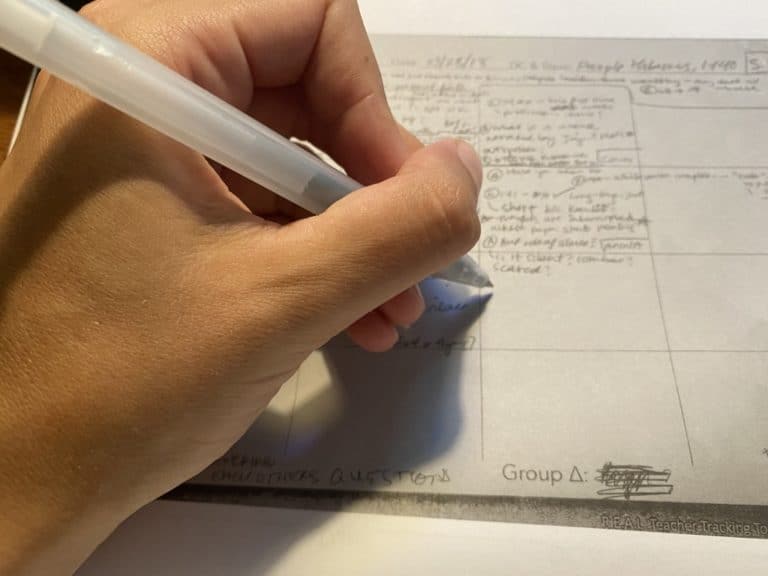
Mythologies, debunked: how newly clarified information can inspire teachers and students to discuss, and learn, better.
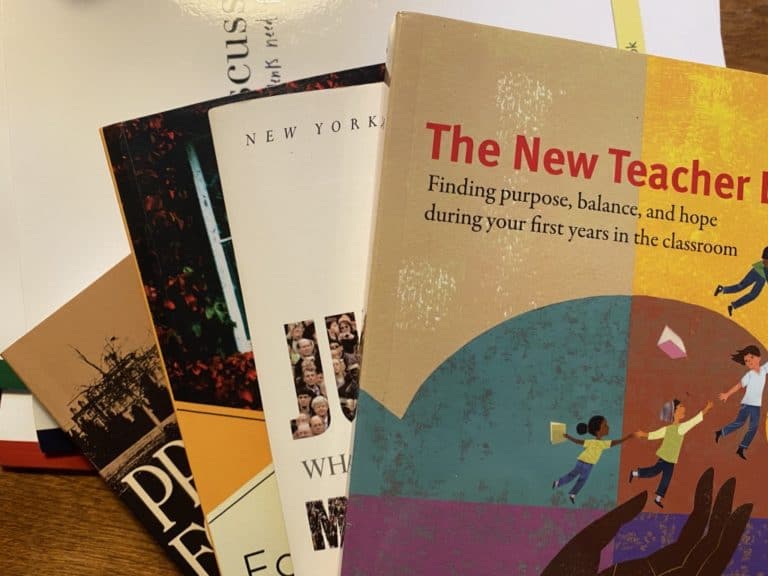
A conversation with Claire Goldsmith, Executive Director of Malone Schools Online Network and online learning optimist.
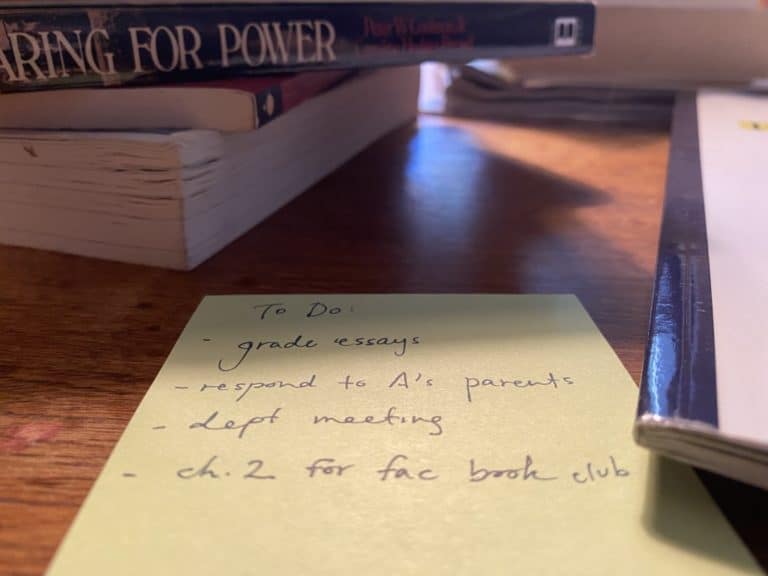
Beyond the Syllabus posts offer a round-up of resources that are “practice-adjacent,” as Katherine often says. We offer recs for podcasts, fiction and non, and TED talks that offer delightful – if surprising – ways to rethink or enrich discussion practice. This week, we tapped into the trend of self-paced learning, which has become especially…

“For me, especially as a young teacher who’s still trying to figure it out, I’ll have students who will try to take the conversation in a completely different direction than what I had planned. Then I start to get worried, and I feel I have to reel the entire class back in. My mentor, though, challenged me to let it happen and then take advantage of the tangent. I’m trying to learn to do that, instead of letting it bother me.”

“I’m working with a professor from grad school to bring authentic texts into vocabulary instruction that amplify diverse voices and expose students to issues of justice and equity. I’m interested in how we can promote a love of words as we teach students to think about their world.”
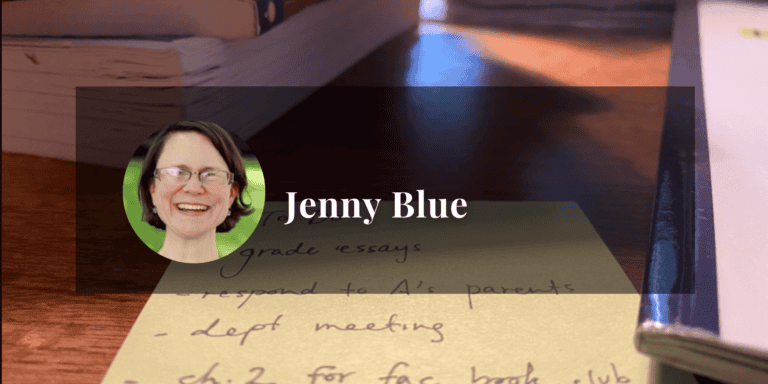
“I love the silence when we’re all together in a moment when someone’s said something that really lands. It’s an ineffable presence, not even contained in a voice. We’re all considering or holding something together — it’s that intimate kind of silence where you don’t need to speak. I teach for those kinds of moments.”
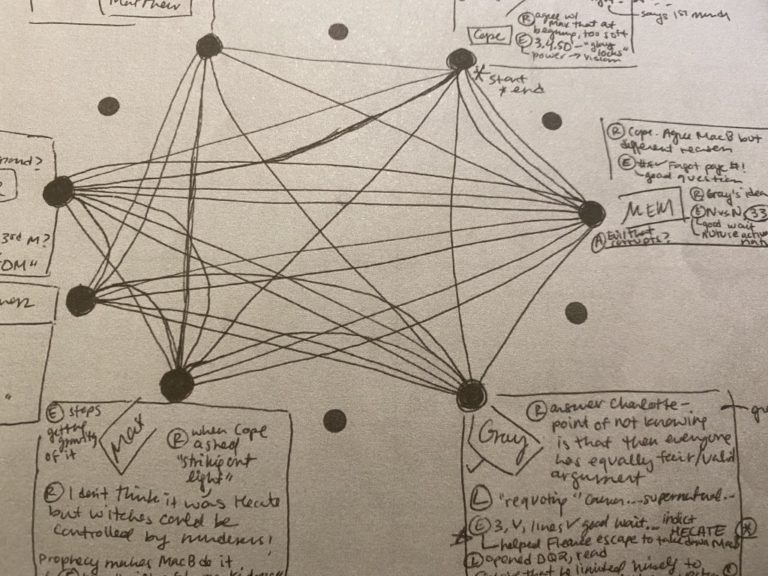
“One thing I love is when a student has that a-ha moment where they connect the concept we’re discussing with some kind of real world knowledge where the text matters. I also love when a student really listens to learn and then states that he/she has changed his or her mind.”

“…when a kid references something that another kid said in a previous class — that just shows, to me, that a kid deeply respects the humanity and intellect of their classmates and the work that we do together. They’re showing that they value discussion and showing the value of it at the same time.”

Active learning, at least at first, benefits extroverts more than introverts. What can we do about it?

An interview with Natalie Nixon, creativity wunderkind.